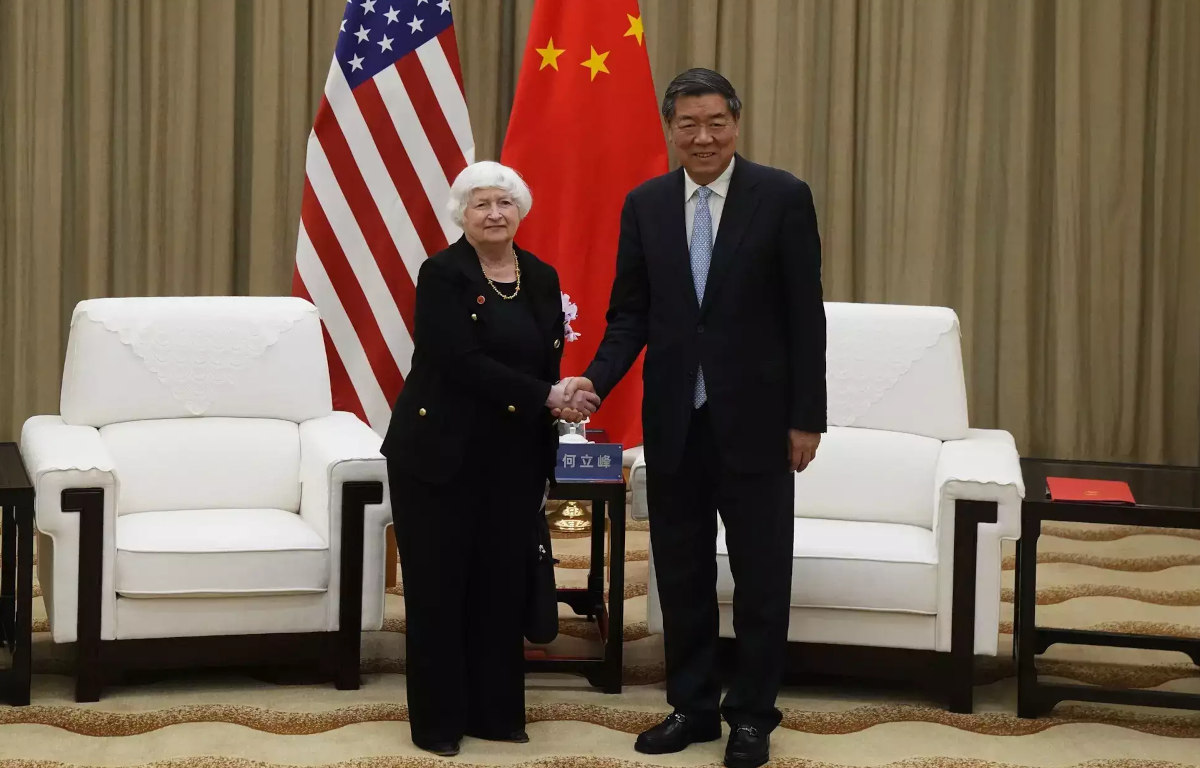
A generation of professionals who once soared in the realms of finance now finds itself navigating uncertain waters, earning the moniker of the “lost generation.” This phenomenon reflects the evolving challenges and shifts in the global financial industry, coupled with unique regional factors that have reshaped career trajectories and aspirations.
The trajectory of Hong Kong’s high-flying bankers mirrors the broader narrative of global finance. In the early 2000s and leading up to the 2008 financial crisis, Hong Kong’s financial sector experienced unprecedented growth and prosperity. Bankers were at the forefront of this boom, enjoying substantial salaries, bonuses, and rapid career progression. The city’s status as a global financial hub attracted top talent from around the world, further fueling its financial prowess.
However, the aftermath of the 2008 financial crisis and subsequent global economic shifts brought about significant changes. Regulatory reforms, increased competition, technological advancements, and geopolitical tensions have collectively reshaped the financial landscape. The once abundant opportunities for high-flying bankers have dwindled, leading to a more challenging environment characterized by heightened competition and lower profit margins.
The rise of fintech and digital banking has also played a role in altering the traditional banking paradigm. As technology continues to disrupt the industry, banks are adapting their strategies and operations, often at the expense of traditional banking roles. This shift has impacted job prospects and career advancement for bankers who may not possess the skills or expertise required in the evolving digital finance ecosystem.
Furthermore, regional factors have contributed to the challenges faced by Hong Kong’s bankers. The city’s political landscape, including civil unrest and geopolitical tensions, has created an atmosphere of uncertainty. This uncertainty has repercussions on business confidence, investment decisions, and overall economic stability, affecting the financial sector and career prospects within it.
The COVID-19 pandemic further exacerbated these challenges, disrupting global economies and accelerating existing trends in the financial industry. Remote work arrangements, digital transformation, and cost-cutting measures became prevalent, impacting job security and career progression for many professionals, including bankers in Hong Kong.
As a result of these multifaceted challenges, a growing number of once high-flying bankers in Hong Kong find themselves in a precarious position. Some have had to recalibrate their career expectations, explore alternative industries, or even pursue entrepreneurial ventures. Others have opted for further education and upskilling to remain competitive in a rapidly evolving job market.
Despite these challenges, resilience and adaptability remain hallmarks of Hong Kong’s financial professionals. Many are leveraging their expertise, networks, and market knowledge to navigate the shifting landscape and identify new opportunities. The city’s reputation as a financial hub continues to attract talent, albeit with a greater emphasis on versatility, digital literacy, and global market awareness.










Share this: